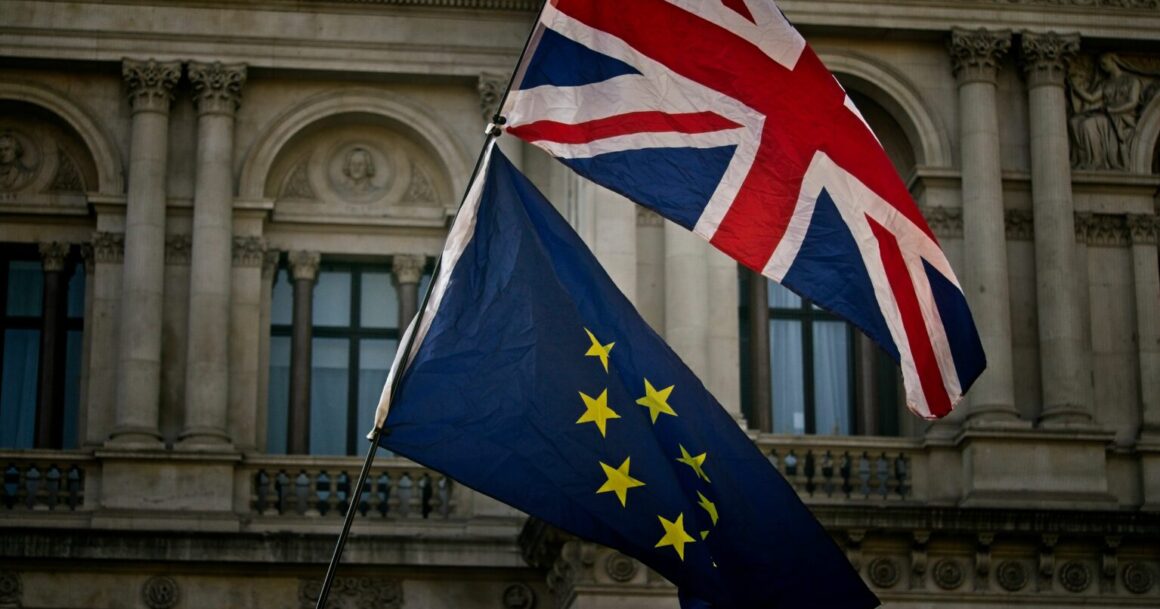

By Peter Main
APART FROM the well-known lies about extra funds for the NHS and the coded racism of ‘taking back control of our borders’, Brexiteers backed up their case by pointing to the economic advantages leaving the EU would bring.
That always sounded far-fetched; how could trade deals with Australia, population 26 million, or New Zealand, population 5 million, possibly match up to losing membership of the EU, population 747 million?
Assumptions that damage to the UK economy was inevitable have now been backed up with concrete evidence. Based on current figures, the OECD reports that the UK will have the lowest rate of growth not just of the G7 group of rich countries but of the G20, which includes the ‘emerging markets’.
Britain’s own Office for Budget Responsibility has also confirmed its earlier calculation that leaving the EU will reduce GDP by 4%. That is the equivalent of £100 billion per year.
In keeping with the standards of the present government, Attorney-General Suella Braverman chose to defend Brexit by bare-faced lying. She insisted that remaining within the EU market had ‘left Northern Ireland lagging behind the rest of the UK’. In fact, Northern Ireland has the highest growth rate in the UK outside London.
Devaluation
Immediately after the referendum, the value of the pound fell by 10%. That drop has never been recovered, meaning imports are automatically more expensive. The Centre for Economic Policy Research at the LSE calculated that it increased consumer prices by 2.9%.
The Brexiteers countered that it would make UK exports cheaper, thereby enhancing trade and growth. That sounds coherent, until you remember that Britain’s main export market is… the EU. Since January last year, when Britain finally left the EU, business to business relationships have dropped by almost a third.
Another favourite way of downplaying the impact of Brexit is to insist that the real cause of economic woes was the pandemic. Again, that sounds plausible, until the latest figures showed that UK exports fell by 14% in the three months to January this year, as compared to the same period before the pandemic struck. By compar- ison, the global average was an increase of 8.2%.
Summarising the figures Jonathan Portes, Professor of Economics at King’s College, London, said: ‘while most other advanced economies have seen a strong recovery in trade, UK exports remained below pre-pandemic levels’.
He went on: ‘Export growth looks set to remain sluggish as UK exporters continue to be slowly cut out of global supply chains, due to the extra administrative burden for EU firms sourcing goods from Britain.’
It is tempting to conclude that these figures show the incompetence, the economic illiteracy, of the Brexiteers and their government. The truth is worse. Those who planned Brexit, as opposed to those who voted for it, were well aware of the likely consequences.
In their schema a future, profitable UK required a restructuring of the economy, wholesale deregulation, an end to protective legislation and major cuts not just in take home pay but in the ‘social wage’, that is the costs of housing, education, health and pensions. That remains their policy.